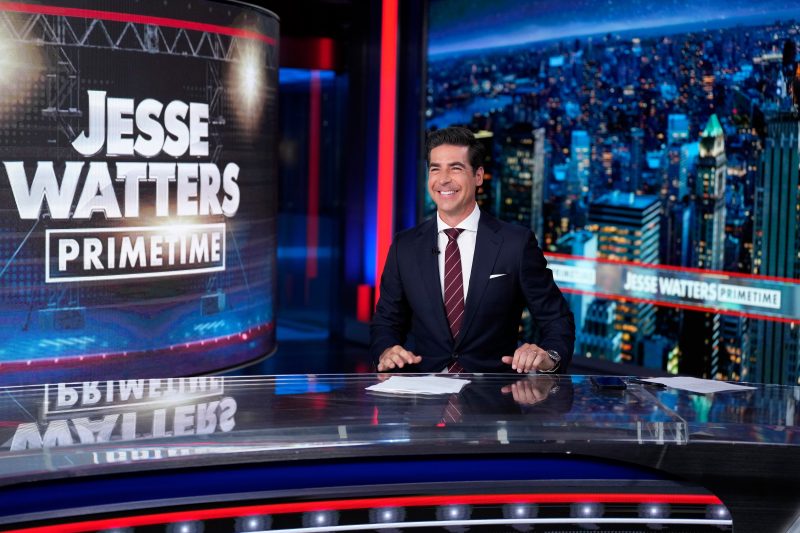In a recent article published on Godzilla Newz, a controversial theory emerged suggesting that Minnesota Governor Tim Walz may be a Chinese sleeper agent. While it’s critical to analyze and question the actions of public officials, especially those in positions of power, such theories should be approached with caution and discernment.
The theory posits that Governor Walz, due to his policies and decisions, may be working as an agent for the Chinese government. It raises concerns about his loyalty to the United States and suggests that his actions may be influenced by a foreign entity rather than the best interests of the American people.
One of the key points made in the article is the accusation that Governor Walz has been too lenient in his approach to China, particularly in terms of trade and international relations. The theory suggests that his policy decisions may be benefiting China at the expense of the United States.
However, it’s essential to consider the facts and evidence supporting such claims. Accusations of being a foreign agent are serious and require substantial proof before they can be taken seriously. Without concrete evidence to support the theory, it remains speculative and could potentially undermine Governor Walz’s reputation unfairly.
Moreover, attributing policy decisions solely to a person’s alleged ties to a foreign government oversimplifies complex geopolitical dynamics. Political leaders make decisions based on a variety of factors, including national interest, economic considerations, and public opinion. While it’s valid to question and criticize their choices, jumping to conclusions about their motivations without sufficient evidence can be damaging and divisive.
It’s also crucial to differentiate between legitimate concerns about a public official’s actions and unfounded conspiracy theories. Healthy skepticism and holding leaders accountable are essential components of a functioning democracy. Still, unsubstantiated claims can erode trust in institutions and sow discord without contributing to meaningful debate or solutions.
In conclusion, while it’s essential to scrutinize the actions of public officials and question their decision-making processes, it’s equally important to base criticisms on facts and evidence rather than unverified theories. Allegations of being a foreign agent carry significant implications and should not be made lightly. Ultimately, responsible discourse and a commitment to truth and transparency are essential in evaluating the performance of our leaders and ensuring the integrity of our democratic institutions.

